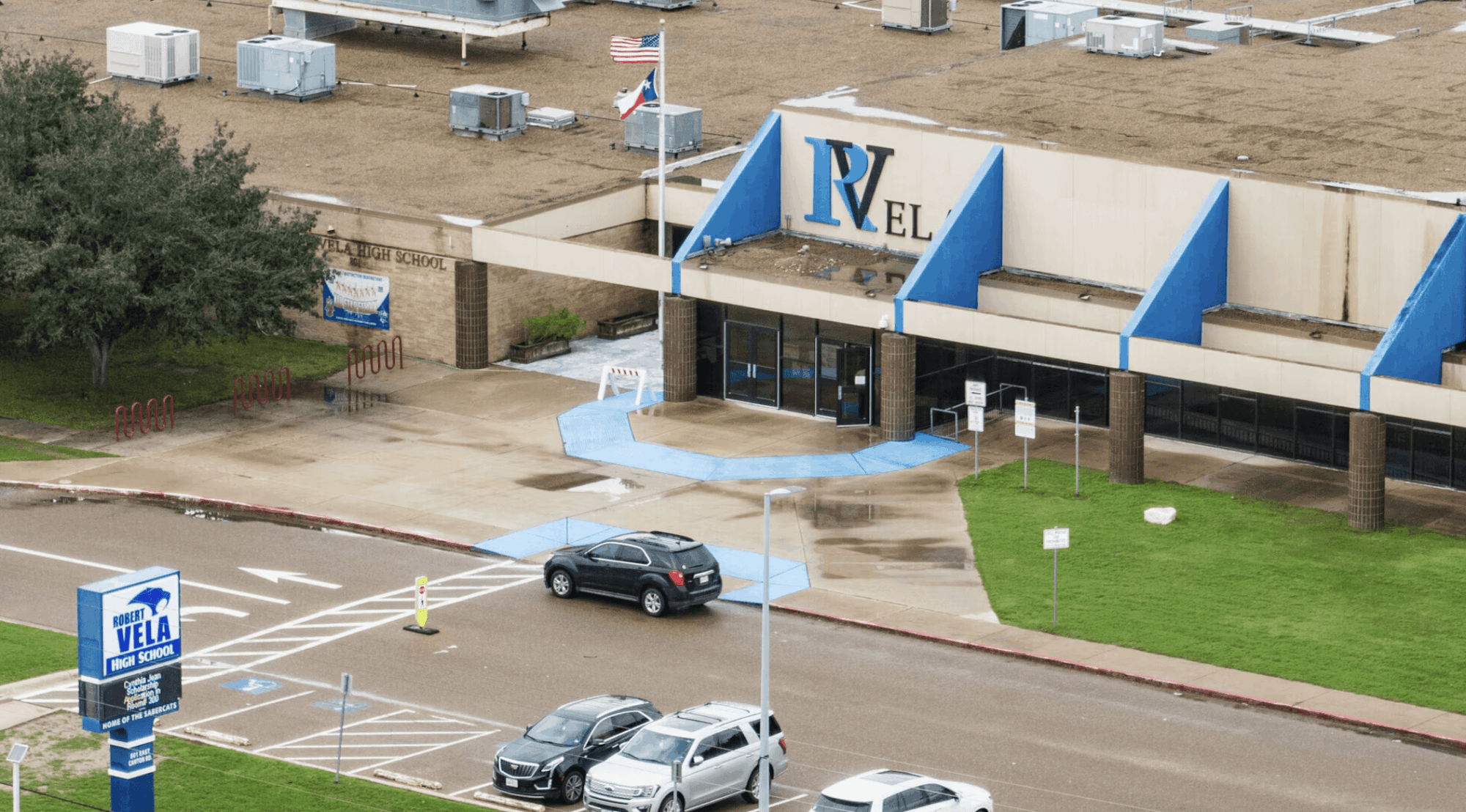Parental rights in education is a hot topic across Texas, and it’s sparked a statewide series of policy forums that came to North Texas this week.
Texas families are demanding action on a range of education concerns exposed or exacerbated during public schools’ COVID closures. Their concerns include sexually explicit library books and social engineering in classrooms, as well as learning loss and the need for more school choice.
The Parent Empowerment Tour is bringing together local parents and policymakers to discuss how lawmakers can expand parents’ ability to choose the best education options for their children.
The tour is hosted by the pro-liberty Texas Public Policy Foundation.
TPPF Policy Director Richard Johnson, who moderated a tour stop in McKinney on Thursday, called the foundation a “think and act tank,” and said the top item on TPPF’s action agenda for the next legislative session is putting parents in control of their child’s education.
State Sen. Angela Paxton (R–McKinney) was a featured speaker at Thursday’s tour stop.
“This is the moment for parent empowerment,” she told the audience of parents, education advocates, and politicians.
In 2018, Paxton became the first educator elected to the Texas Senate in over two decades. Earlier this year, she was appointed vice chair of the Senate Education Committee.
She said her experiences as a teacher and a parent inform her views on education policy.
“I know from my own children that it isn’t ‘one size fits all,’” she said.
Different students are best served by different approaches. Parents are the ones who should decide.
Paxton said parent engagement is also key to student success.
“We have our schools to help our kids achieve,” she said. “The two big drivers of student achievement are great teachers and engaged parents.”
“We can’t legislate our way out of everything,” she added, saying much of student success depends on decisions made by local school officials.
Paxton said the best way to have engaged parents is to have responsive school boards.
“Groups of parents are forming because they want their school boards to be responsive to them,” she said.
She said it’s easy for public servants to “go along to get along” once they’re in office, but it’s the school board’s job to oversee the operations of the district and evaluate the performance of the superintendent:
They are the accountability system for the district. Our school boards work for the taxpayers, for the citizens of the district. They don’t work for the school.
“We need to look at how school board members are trained,” she added.
Paxton acknowledged it’s hard for busy parents to be as involved in their kids’ schooling as they could or should be.
Still, policymakers agree the recent movement of parents engaging in education is fueling momentum for change.
“This is their time,” Johnson said.





